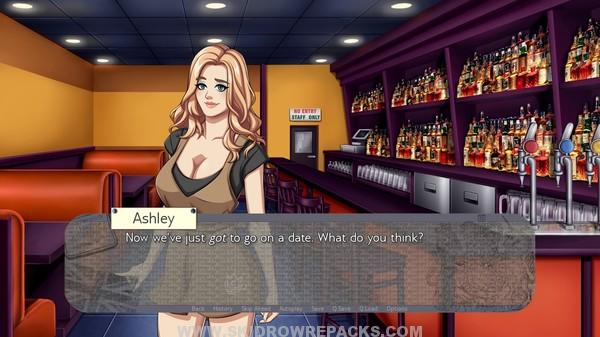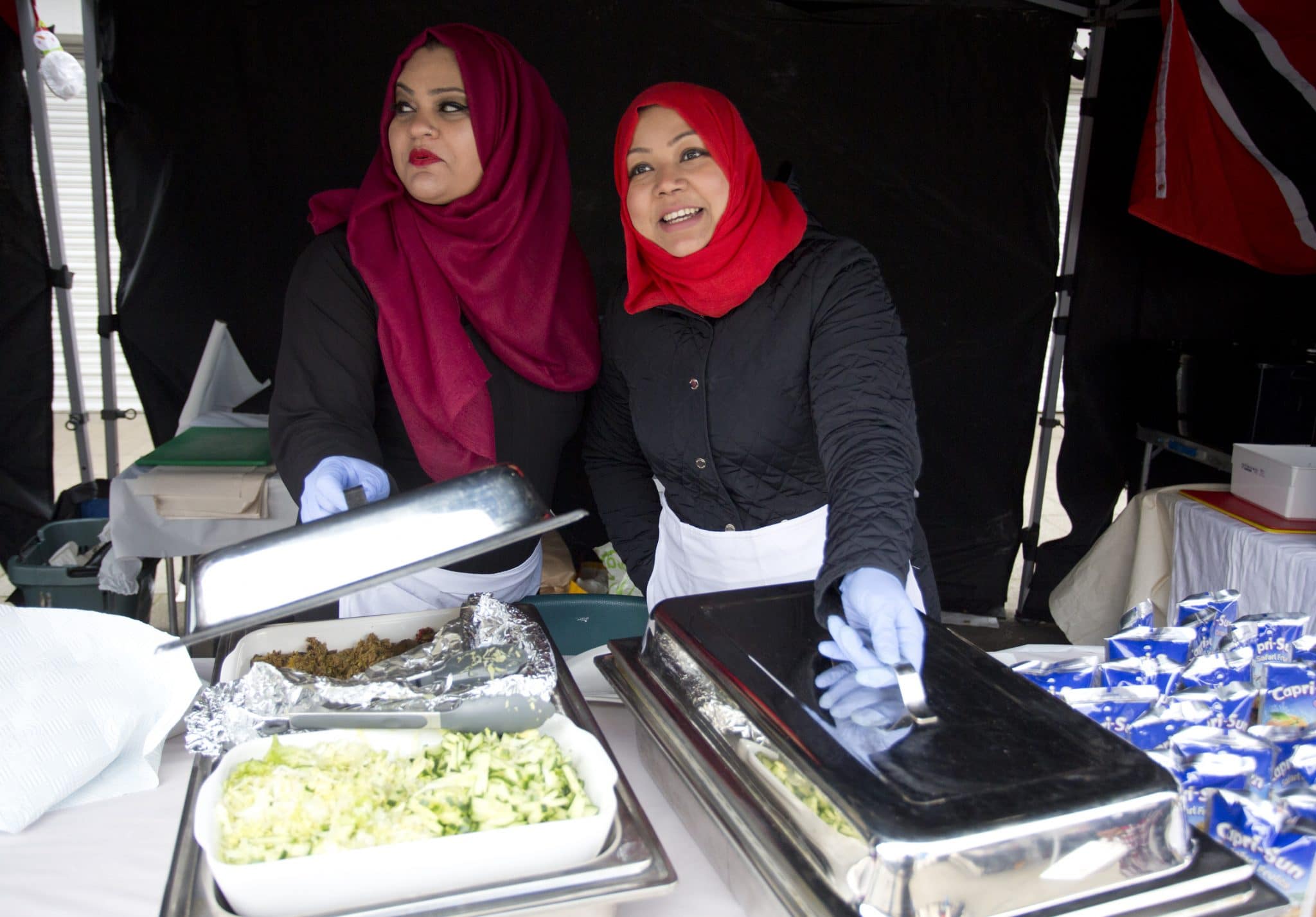England Exchange Crack
Student Foreign Exchange Programs to England. England, a country part of The United Kingdom may offer students some of the most impressive academic and cultural engagements available. The country is known for rich history and culture, so students may have an abundance of opportunities to be challenged.

- Re: Exchange 2016/2019 Download link @alameer131 Hi, the easiest and safest way to find the most recent CU download for Exchange Server 2016 is the Exchange Server.
- Breadcrumb Trail Links. Homes; Mike Holmes: Open your windows in winter for the good of your family's health. Recirculating old, stale interior air can cause a host of symptoms.
- GBPUSD A complete British Pound currency overview by MarketWatch. View the currency market news and exchange rates to see currency strength.
Crack pipe training kit designed to demonstrate how a glass pipe can make an effective, and safer, alternative to injecting crack cocaine. A more essential skill than ever now that COVID-19 has completely changed the risk profile of crack pipe sharing.
10cm long, the crack pipe comes pre-assembled and held firm in an attractive, discreet, and sturdy card pen box.
5 high quality fine mesh 20mm brass gauzes have been pre-prepared and inserted in the pipe - which has an inner diameter of 8mm - by being pushed down with the chopstick (also supplied), along with a spare set of brass gauzes.
| Quantity | Price (exc VAT) | VAT | Price (inc VAT) |
| 1 | £5.00 each | 20% | £6.00 each |
| 10 | £3.74 each | 20% | £4.49 each |
FREE shipping on all UK orders over £25
In use, the crack would be placed on the gauze, heated gently with a lighter to melt it into the gauze, and then while inhaling through the other end of the tube, heated again with a lighter through the glass. This vaporises the drug, which can then be inhaled.
England Exchange Cracked
When the pipe has been used for a while, there is a build up of high-quality crack cocaine residue (known as 'recycle') which has condensed on the inside of the pipe, and whenever the user wants to smoke this, they can push the gauze through to the other end with the chopstick, picking up all the recycle in the tube on the way, and then after wiping the outside of the pipe clean, they can smoke this recycle by heating the gauze, and inhaling.
Tips for effective use:
- Make sure there are 4 or 5 gauzes in the pipe, squash them in hard with the chopstick, and make sure there is a dimple to put the rock in (this reduces the risk of it running down the glass);
- Gently melt it all into the gauze, and then heat with the tip of the flame, and when it starts to vaporise, inhale at the same time;
- Tip your head back a bit as you start so none melts out of the end;
- Rotate the pipe as you heat to slow down any running down the pipe (to stop it going in your mouth as a liquid) and vaporise it all, not just one side;
- Only put a lung full on the gauze at any one time - if you might have too much, stop heating when your lungs are about ¾ full because the heat will transfer through the glass and into the gauze for a while and it's a waste if it just floats out of the end and you can't get it in your lungs because they're full!

England Exchange Crackle

Exchange controls, also known as capital controls and currency controls, limiting the convertibility of Pounds sterling into foreign currencies, operated within the United Kingdom from the outbreak of war in 1939 until they were abolished by the Conservative Government of Prime Minister Margaret Thatcher in October 1979.[1] Alvin and the chipmunks 2007 watch cartoon.
History[edit]
Exchange controls were originally enacted at the outbreak of war in 1939, to prevent a run on sterling, and to prevent any potential panic outflow of capital from the UK.[2] The Defence (Finance) Regulations, issued under the Emergency Powers (Defence) Act 1939, provided for restrictions on the convertibility of sterling into foreign currencies, such as US dollars.[3]
These powers were formalised after the war in 1947, in the Exchange Control Act.[3] As long as exchange controls remained in place, the amount of money British citizens could take out of the UK was severely limited. British passports contained a final page titled 'Exchange Control Act 1947” in which foreign currency exchanges had to be listed,[4] the amounts permitted being capped at low levels.[1] In addition, British citizens were no longer free to invest in overseas assets such as foreign shares or property.[1]
In 1966[5] the Labour Government of Prime Minister Harold Wilson restricted the amount of currency that British holidaymakers could take out of the country to £50[6] plus £15 in sterling cash.[7] However, the controls were widely flouted.[4]
Abolition[edit]
Exchange controls in the UK were abolished by the Conservative Government of Prime Minister Margaret Thatcher in October 1979. Announcing their removal, Chancellor of the ExchequerGeoffrey Howe said: 'They have now outlived their usefulness. The essential condition for maintaining confidence in our currency is a Government determined to maintain the right monetary and fiscal policies. That we shall do. It is right to give an additional degree of freedom to allow the pound to operate in the world unrestricted by restraints of this kind.” [2]
Abolition was welcomed by business, and criticised by the opposition Labour Party. Nicholas Goodison, chairman of the London Stock Exchange, said that exchange controls had “impeded the development of British commerce throughout the world and so distorted our economy. They have done a lot of harm to London as one of the leading financial centres.” Conversely, the abolition of exchange controls was criticised by Labour's Shadow Chancellor Denis Healey, who warned of the danger of increased foreign investment at the expense of British industry. [2]
Exchange controls today[edit]
Today there are no exchange controls restricting the transfer of funds into or out of the United Kingdom. However, any person carrying the equivalent of €10,000 or more in cash when they enter or leave the UK must declare it to customs officers at the border.[8]
At the 2017 Labour Party annual conference, Shadow Chancellor John McDonnell hinted at the possibility of a return of exchange controls should there be a run on the pound following a Labour election victory.[9]
See also[edit]
References[edit]
- Bank of England History of Exchange Controls Retrieved 26 September 2018
- Re-examining the removal of exchange control by the Thatcher government in 1979, by Daisuke Ikemoto Retrieved 28 September 2018
England Exchange Cracker Barrel
Notes[edit]
England Exchange Crackers
- ^ abcDaily Telegraph 25 September 2018 Retrieved 26 September 2018
- ^ abcNY Times, 24 October 1979 Retrieved 26 September 2018
- ^ abBank of England History of Exchange Controls Retrieved 26 September 2018
- ^ abEamonn Butler, The Times, 23 October 2017 Retrieved 26 September 2018
- ^[1] Hansard 30/6/1969 at column 48
- ^Richard Alleyne, Daily Telegraph, 16 June 2007 Retrieved 26 September 2018
- ^Same page of Hansard, at column 58
- ^Export.gov official site Retrieved 26 September 2018
- ^The Independent, Tuesday 26 September 2017 Retrieved 27 September 2018
